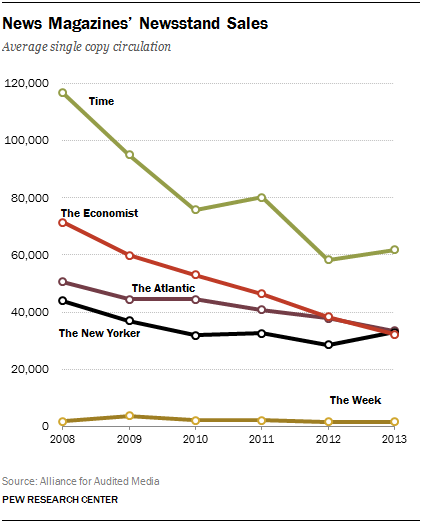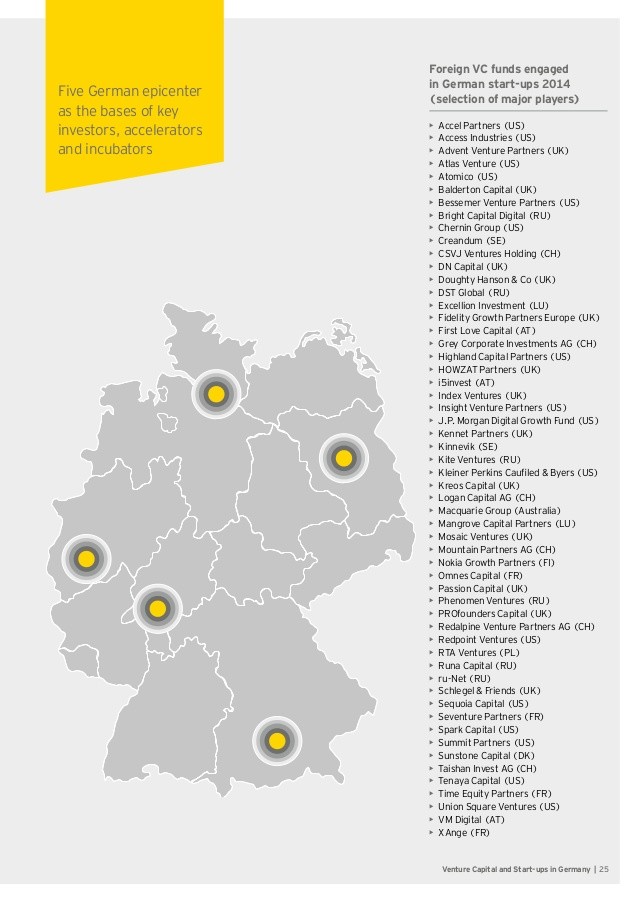Number Of StartUps Drop 24% Leading Global Decline
Post on: 16 Март, 2015 No Comment

Politicians love to repeat that small businesses are the engine of our economy . But, according to a new report, that engine is in need of serious repair.
The number of new businesses launched in the U.S. declined 24 percent in the United States in 2009 and 10 percent in the 20 most affluent countries over the same period, according to the annual Global Entrepreneurship Monitor .
The GEM conducted 180,000 interviews in 54 countries in 2009 and found a year-over-year decline in the number of people around the world who thought there were attractive opportunities for business formation.
For an increasing number of people in the world’s richest countries, the impetus to start a business was driven by necessity. But interestingly, a small number perceived an increase in opportunity during — and because of — the recession. Of this optimistic segment of survey respondents, Niels Bosma, the report’s director of research, told the WSJ :
What surprised me was that as much as one in four new entrepreneurs in wealthy countries believed that the global slowdown had created more opportunities for their business, not less. This is a significant and interesting group. They are more likely to be young, well-educated and expect to create a lot of jobs for others.
Another particularly striking finding in the study was that the rate of Americans entering into entrepreneurship seemed to slow even before the financial crisis started. Based on the data, the American population acted from around 2006 as if it anticipated trouble ahead. Here’s the report:

From 2006 through 2009, fear of failure rose, as did the share of necessity-driven entrepreneurship, while nascent entrepreneurial activity dropped from a high of 8% in 2005 to 5% in 2009. While new entrepreneurial activity is a smoothed measure, it too showed a decline.
For would-be start-ups, the report found, funding remains tight. Venture capital investment declined considerably in 2008 and 2009. Actually, according to the report, in the United States a person has a higher chance of winning a million dollars or more in a state lottery than getting venture capital to launch a new venture. In 2008, venture capital helped to fund only about 15,000 start-ups, but informal investment — from founders and/or their friends, family, and colleagues — helped pay for tens of millions of new business initiatives.
Read the full report here .














